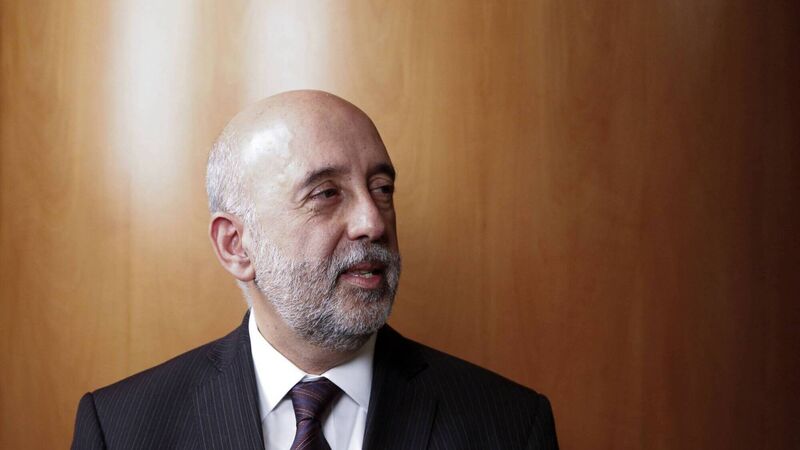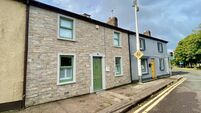Irish Central Bank chief Makhlouf: Time for ECB to act over interest rates

Gabriel Makhlouf: 'We have reached the point where we on the ECB’s Governing Council need to act.'
Central Bank governor Gabriel Makhlouf has become the latest policy maker to say that the ECB will need to start to increase interest rates to fight inflation.
Speaking to an Ibec meeting, the governor said that inflation across the eurozone had reached a level that required a response from the ECB.











